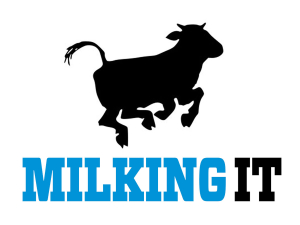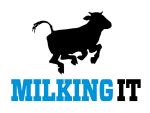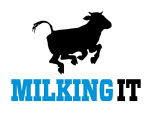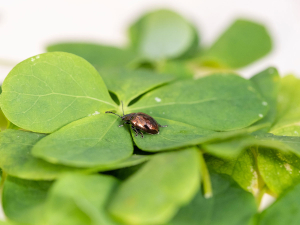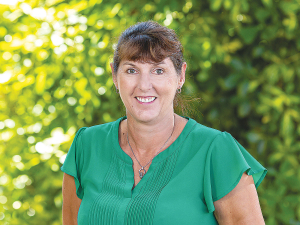To farm in the UK you need a special barn just to store all the paperwork in.
The Strategy turned the red tape up a notch, rewiring the entire food production system, essentially to reduce greenhouse gas emissions.
Farmers are paid incentives to take land out of production, reduce livestock numbers and plant non-food carbon-fixing crops.
The result is a massive drop in food production in the UK, driving up food prices and reducing food security.
So it was a relief to hear NZ’s unworkable winter grazing rules have been axed.





